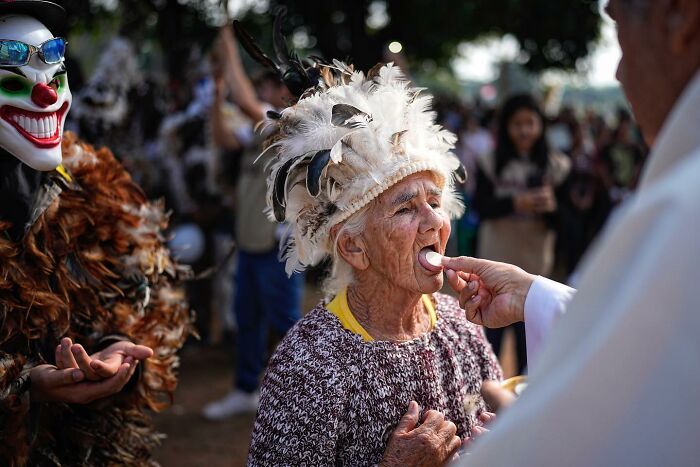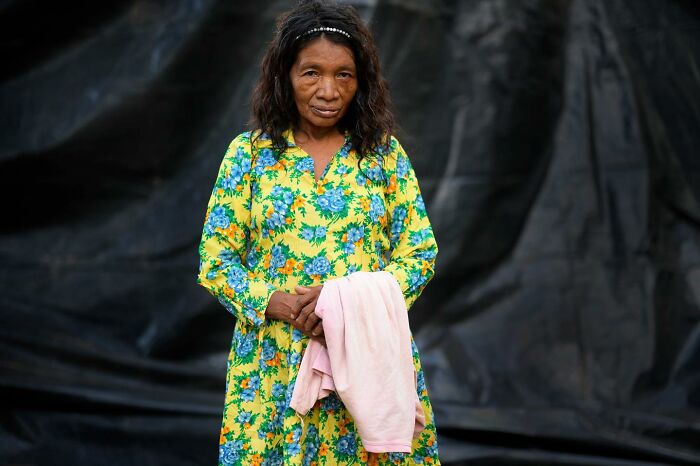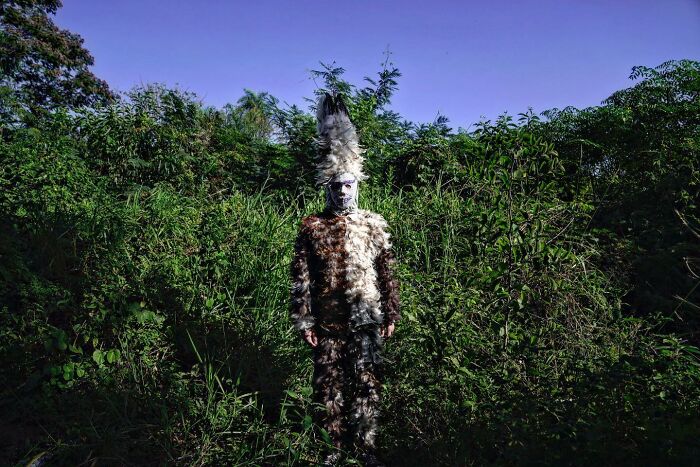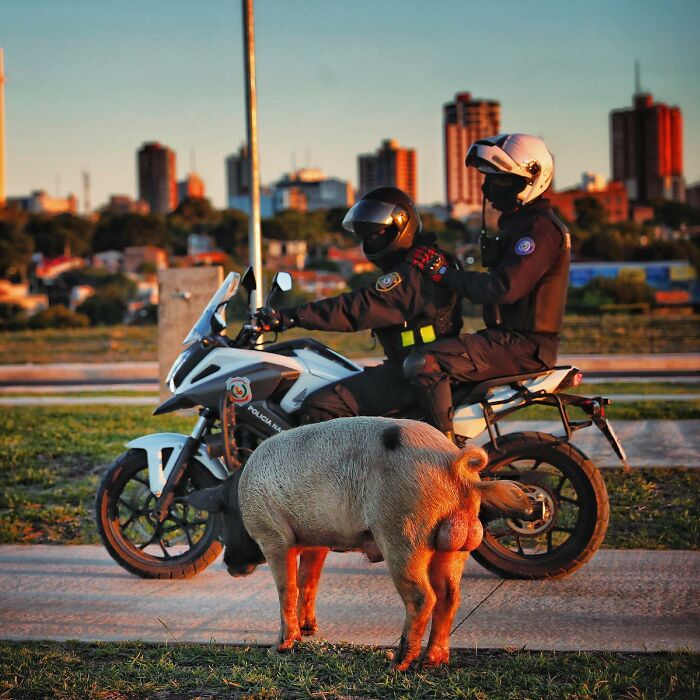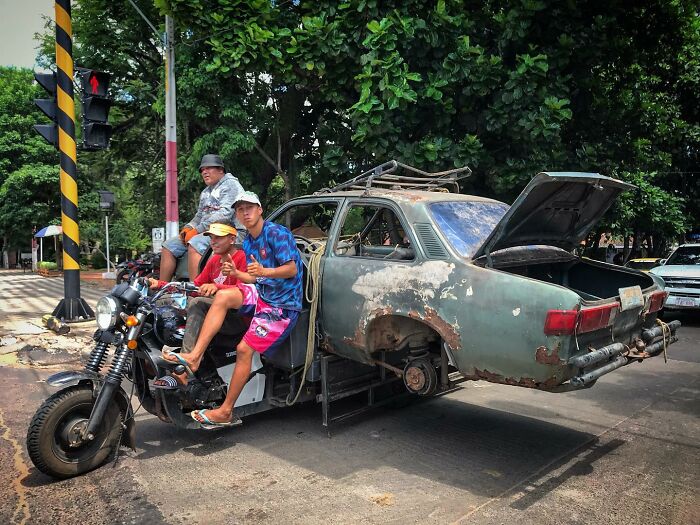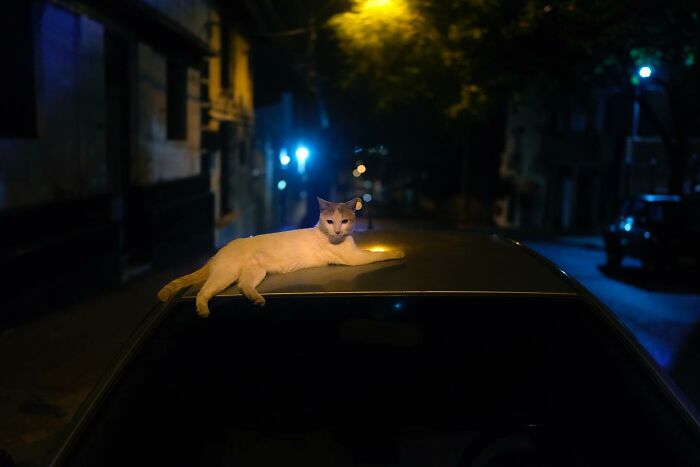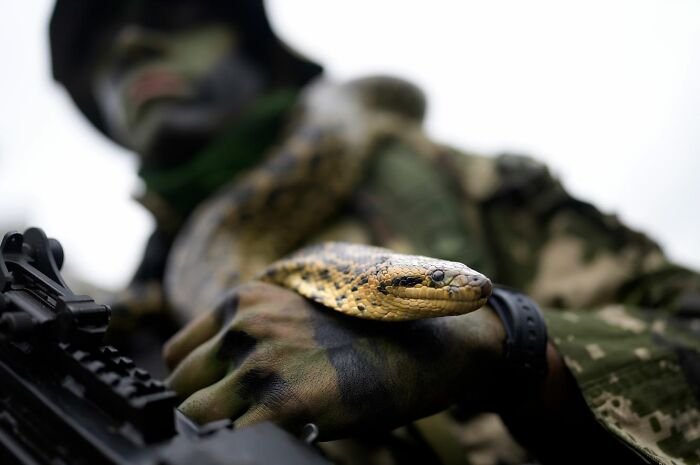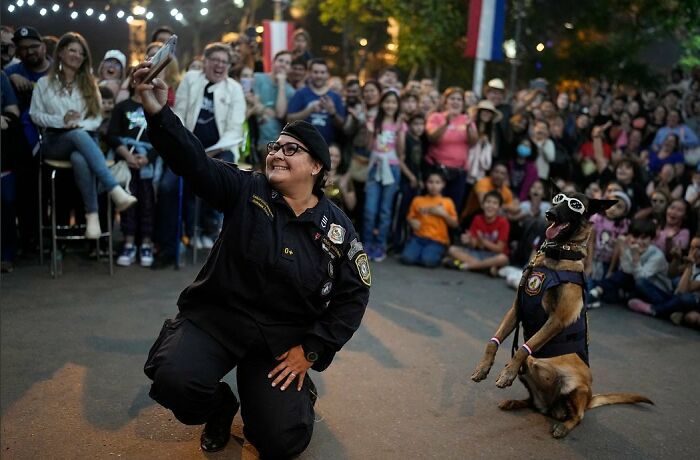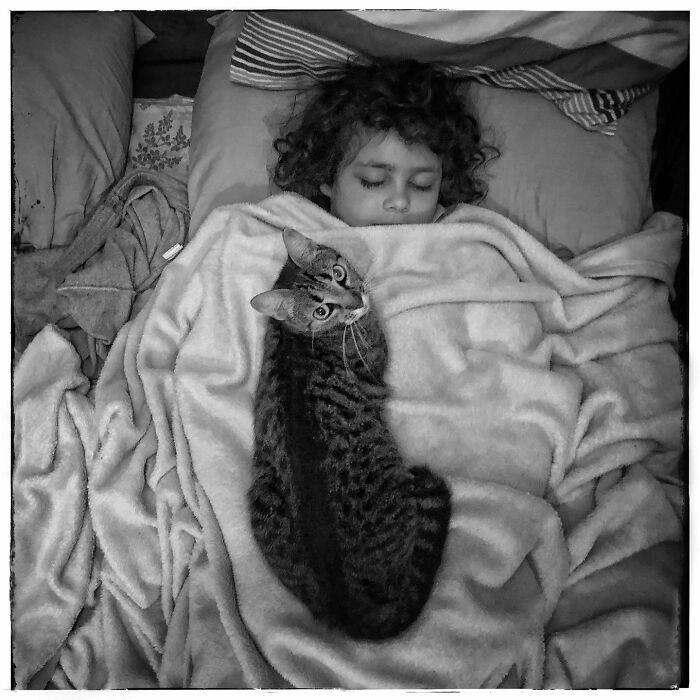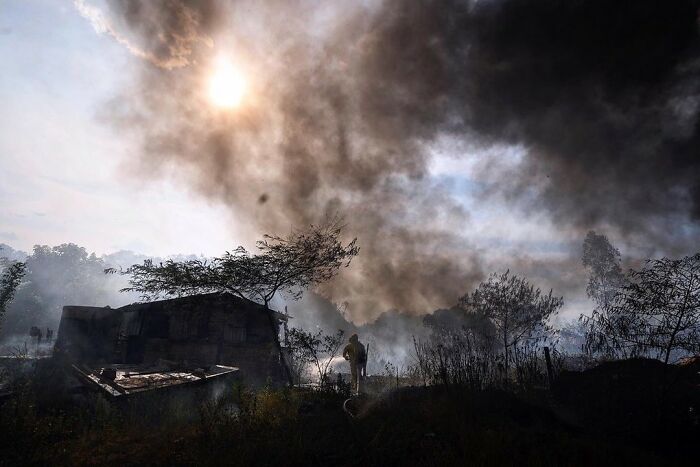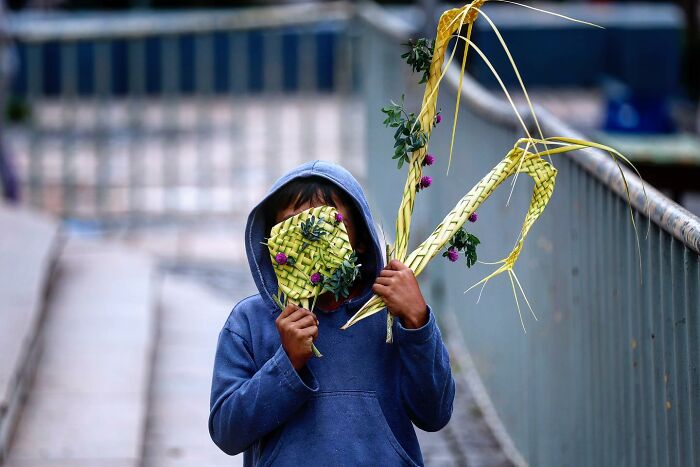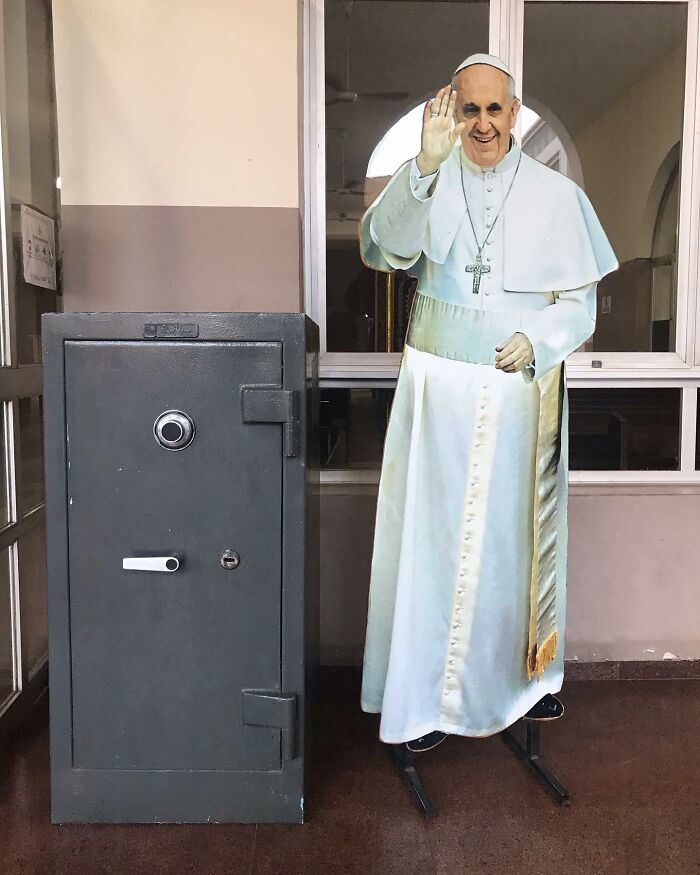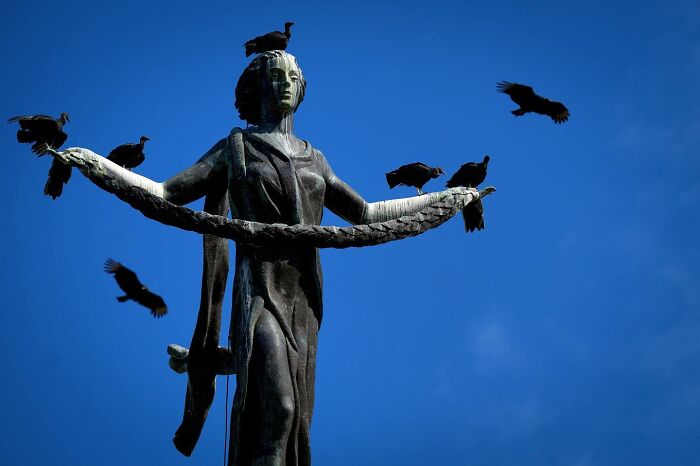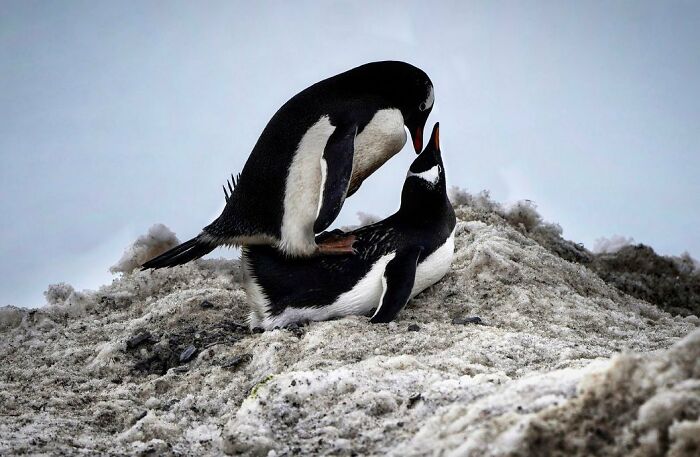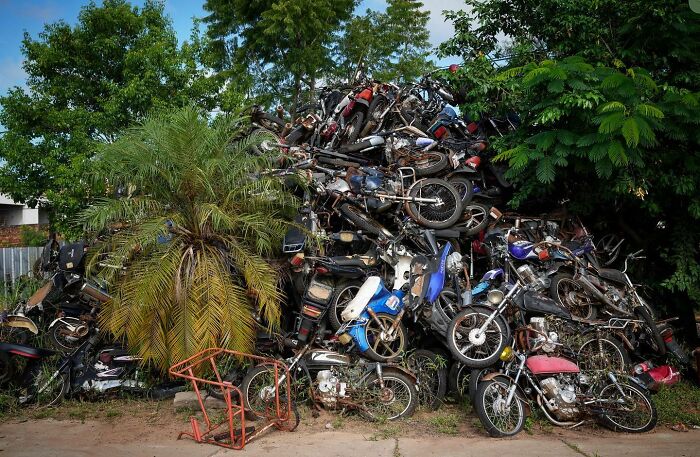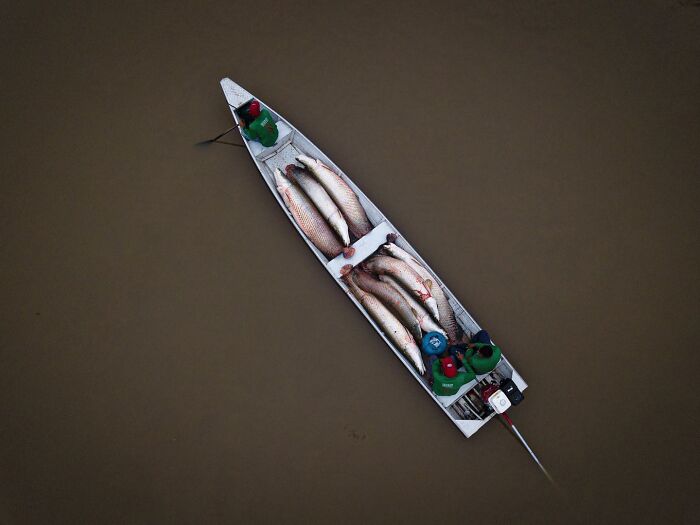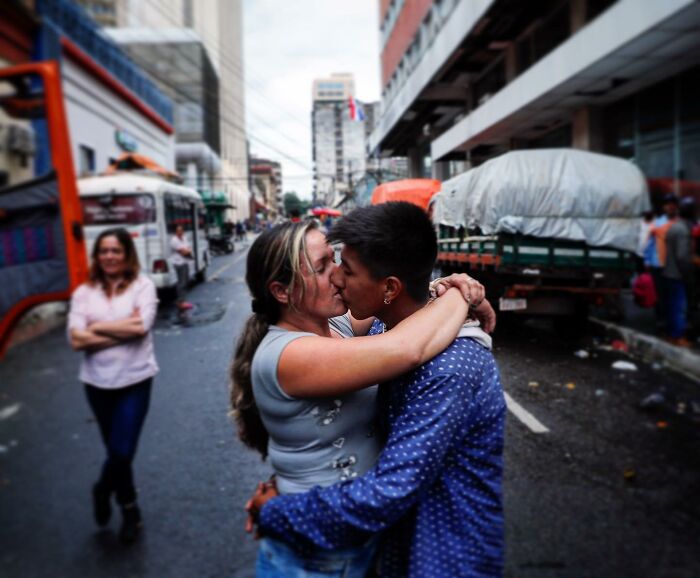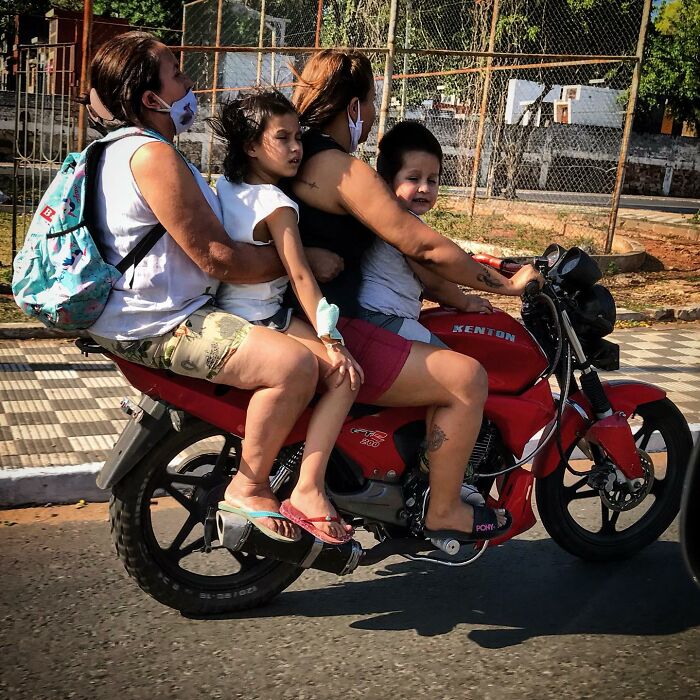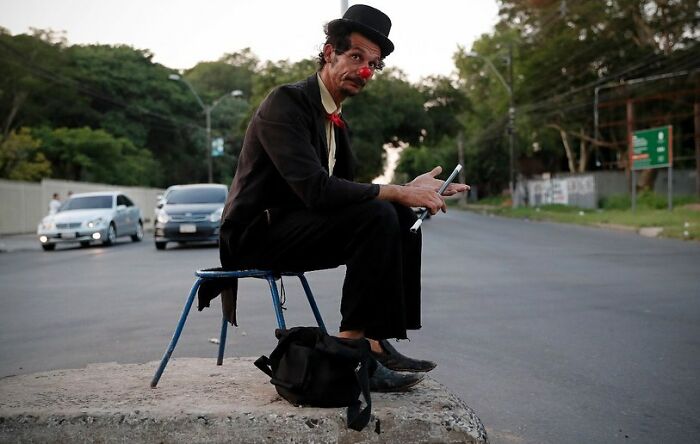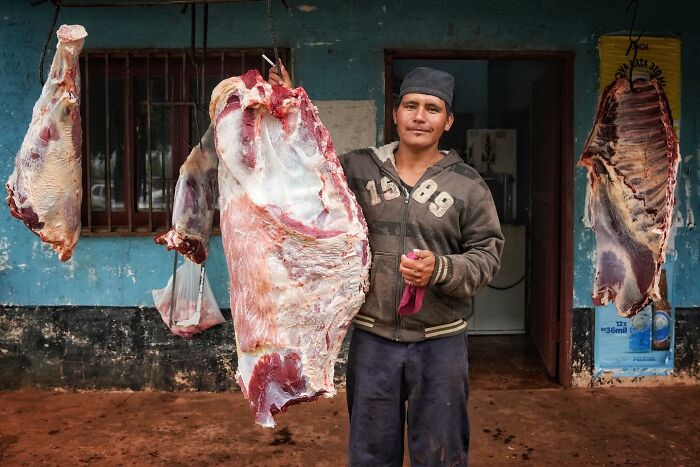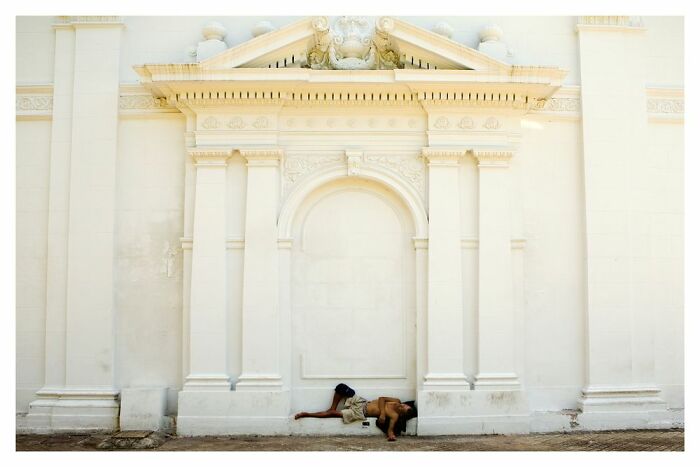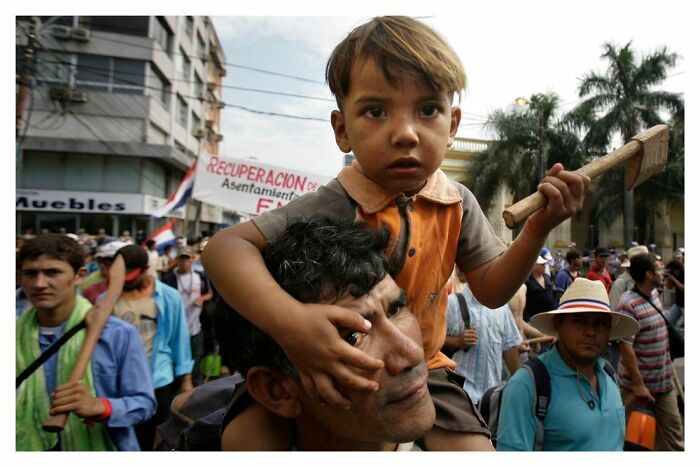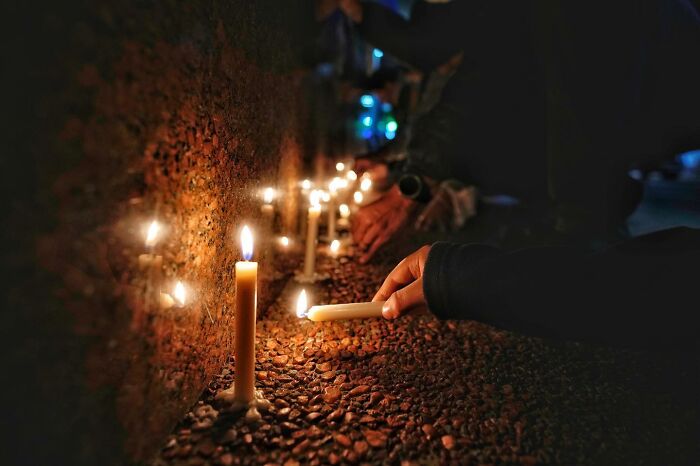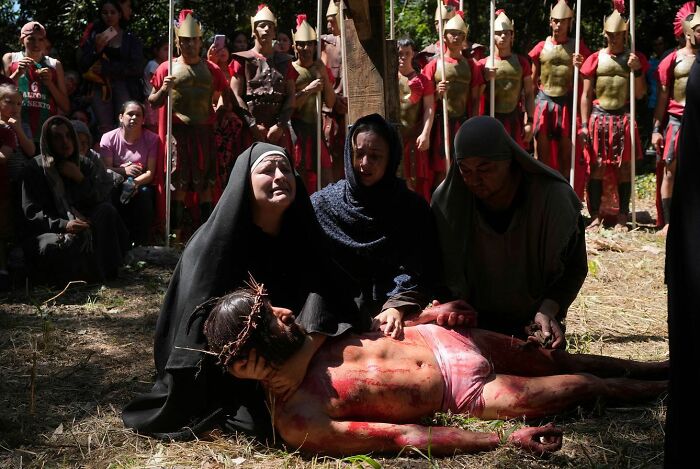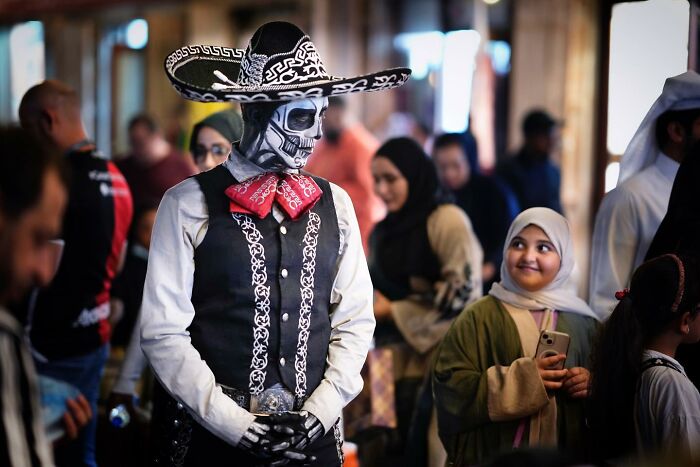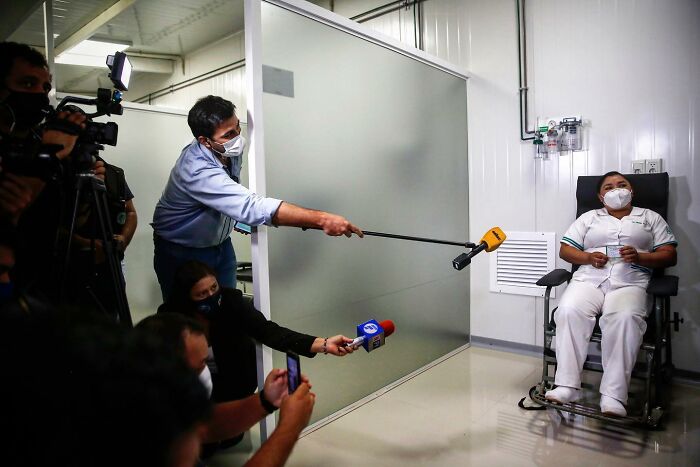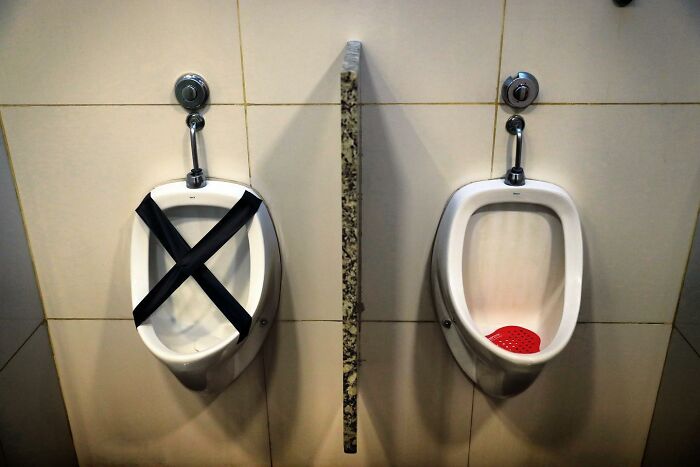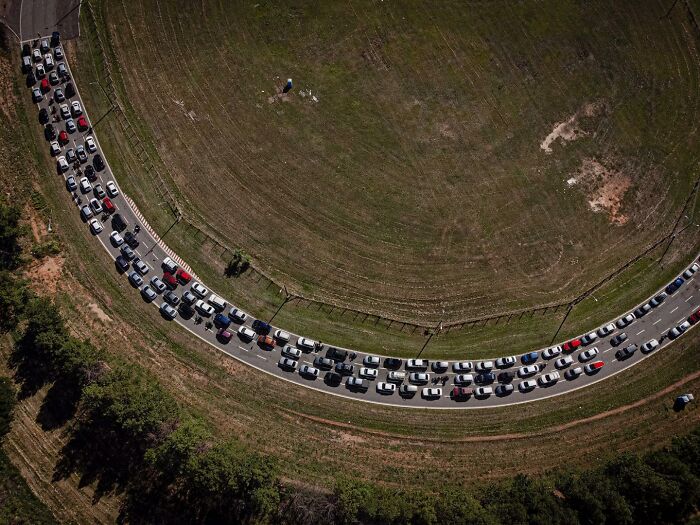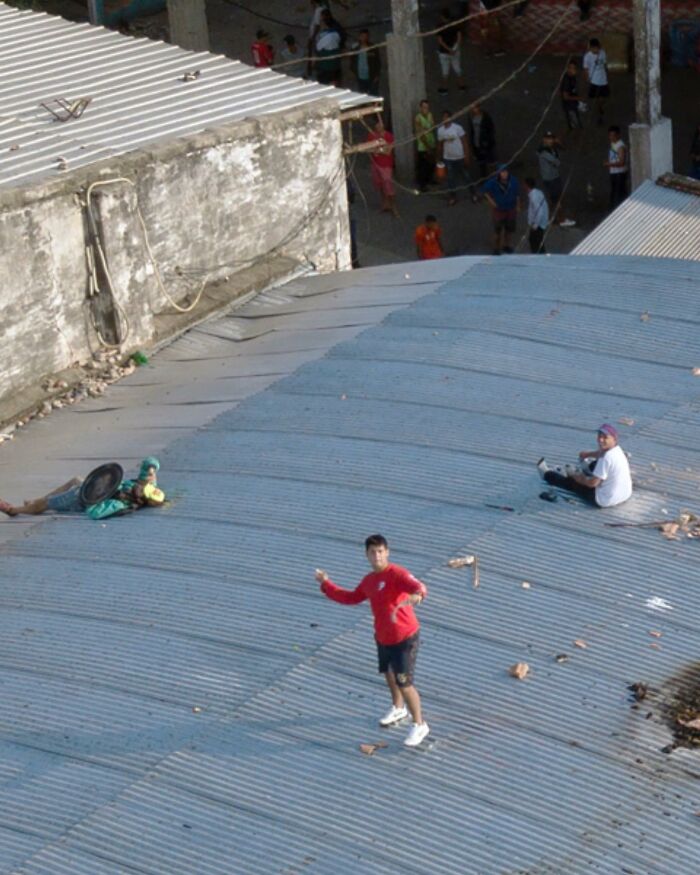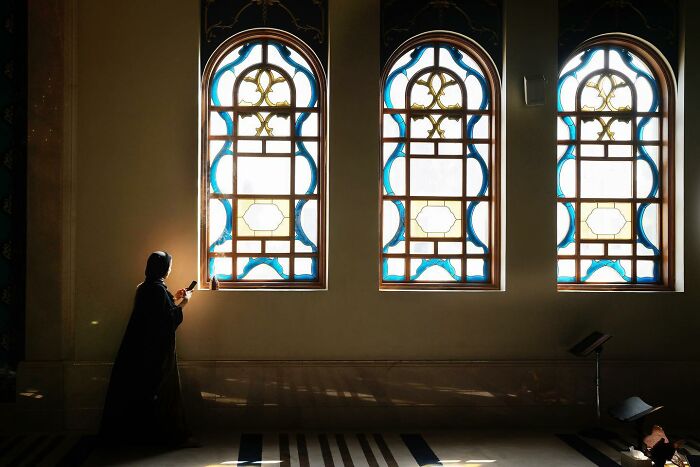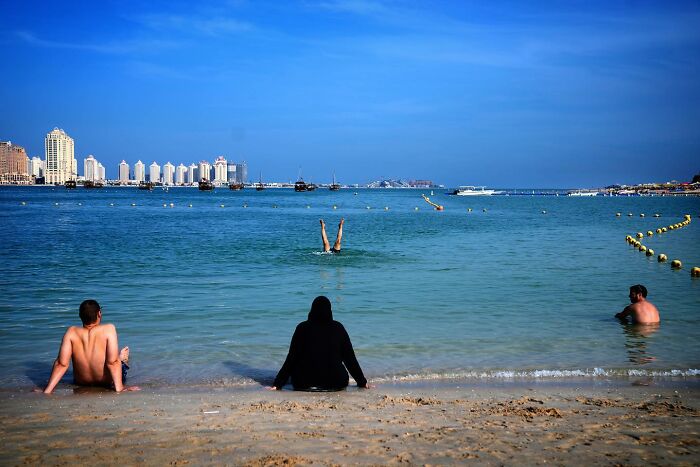First of all, Jorge shared a moment from his 40 years in photography that changed how he tells stories with the camera. “In 1989 I participated in a workshop with Magnum photographers, my tutor was Susan Meiselas and it was the most important leap in my way of seeing and constructing my speech, especially in developing very long-term essays. Most of the essays published as books took me many years of work. I think that is what is most difficult for new generations of photographers.” Jorge wrote: “Because their lives deserve it. Some books have been a political success, such as the Military Service, which was taken as a tool by Conscientious Objectors in Paraguay and was decisive in the promulgation of a law that exempts young people who do not want to do so. When I published the essay, there were more than 19,000 conscripts yearly in the army, subjected to mistreatment and with fatal consequences each year. Today there are no more than 2,000. If you do the math, there are more than half a million young people who were saved from this mistreatment in the thirty years that passed. Sometimes we have the luck to give the tool that the movement needs… The example of refusal was that of the juvenile prison. A couple of years after the book was published, there was a very large riot in which a dozen young people died…” “I left political militancy to dedicate myself to photojournalism and I am always interested in showing inequality. One does not choose the class one is born into and the possibilities from these differences in opportunities condition millions,” explained Jorge. “It started as a game with my youngest son, who is already 10 years old now. I traveled for work to different countries with his Dino and I sent him the photos he took with my phone in different places. Lugo was so successful when I started uploading on IG that I started to think more about the texts, for adults. Inspired by a book by Montesquieu called Persian Letters, where a character strange to society observes and can share his thoughts with total innocence and disinterest.I think that the most important problem in formal education, and where all the other problems arise later, is that children are not taught to think for themselves in school. The Dinos are like a game, they start with photographs to introduce questions that the child is motivated to ask and answer. I did not want to tell a story but rather that the children themselves be the ones who develop their own thinking based on the things they see,” replied Jorge. Lastly, Jorge added: “All my projects have been based on total trust in the intelligence of the readers, on an implicit alliance with the most intelligent part of each person. Don’t be afraid to always say what you think. It’s the only way for things to change.” Follow Bored Panda on Google News! Follow us on Flipboard.com/@boredpanda! Please use high-res photos without watermarks Ooops! Your image is too large, maximum file size is 8 MB.
